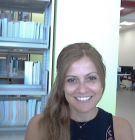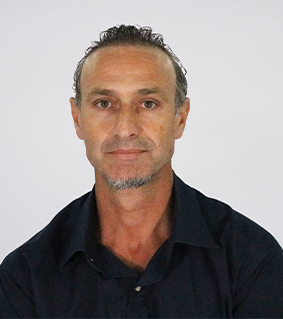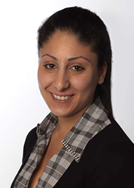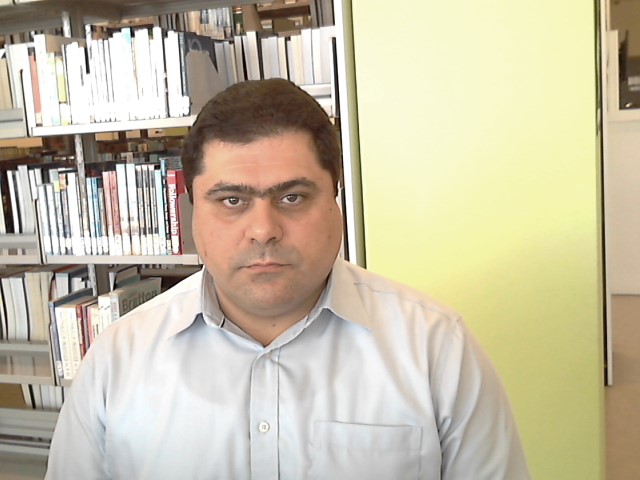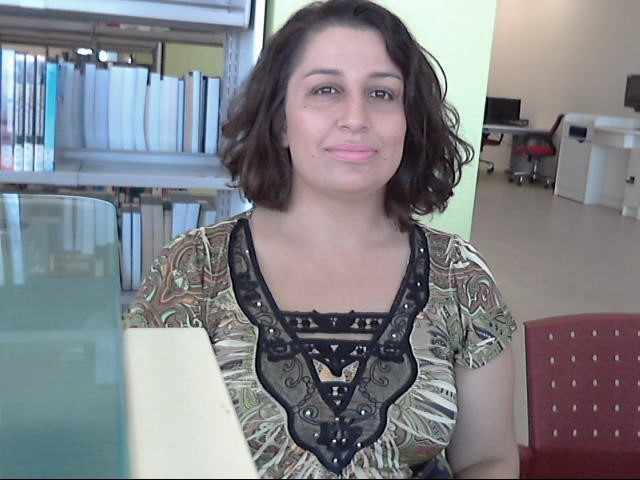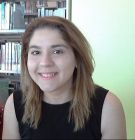Available for September Entry
In today’s society, sports and physical activity are an increasingly important part of life for more and more people. Those involved in sports and physical activity consistently strive to improve their performance, either as professionals, elite, amateurs, or purely for recreational and personal reasons. Sport and Exercise Sciences is a systematic way of studying how performance can be improved and how individuals can achieve their personal potential. It is within this context that our BSc (Hons) Sport & Exercise Science programme prepares graduates for a successful career in an exercise-related field and physical education by placing a strong emphasis on both theoretical knowledge and practical application.
Our programme will appeal to those with an enthusiasm for sports and those who want to take an active role in promoting health and physical activity and fostering physical literacy combined with an interest in science from a human perspective. A vital feature of the programme is that it provides an excellent foundation in physical education in year one, followed by a solid understanding of the sport and exercise science discipline in years two. The third and fourth years build upon these grounds with an increased focus on specific interests and providing placement opportunities and teaching practices for students to enhance their employability skills.
Beyond the discipline specific knowledge and skills, throughout the programme, students can develop essential transferable skills, such as research skills, digital literacy skills, communication skills, group-working and presentation skills. In each of the four years of the programme, students will study compulsory and optional modules, allowing them the flexibility to follow their own interests as they develop during their studies, including a focus on areas such as Human Performance, Sports Science and Physical Education. Moreover, students will have the opportunity to train on the finest learning, exercise and human performance laboratory equipment.
The programme curriculum is research-informed and highly practical, enabling graduates to work with professional athletes of any division and/or sport. Students can work with a range of different cohorts, including children and teens involved in sports or physical education in school, professional or semi-professional athletes interested in improving their performance, and injured athletes/players working toward returning to sports participation. Practical application occurs in the campus fitness centre, athletic track, indoor hall and the sports laboratory, but most importantly in off-campus fieldwork and industry placements.
Click here to download the latest factsheet.
Course Videos
Career Options
Graduates can be employed in public and private schools as Physical Education *teachers and in a variety of sports and exercise related settings, including health and fitness clubs, outdoor activity centres, retail and commercial sports organisations, local sports authorities, sports governing bodies, sports clubs and teams, hotels and leisure companies.
Recent graduates of our programme received employment in areas such as fitness management, fitness training, personal training, coaching, performance training, fitness testing, teaching physical education in private schools abroad, research, managing European sports related projects, creating their own start-ups, and more.
*Graduates who, as part of their award degree, will successfully complete these modules:
are eligible:
- to register in the Registry of Physical Education Teachers and Sports (https://mitroo-gymnaston.moec.gov.cy/), and
- to register in the lists of Appointees and Appointable Teachers of Physical Education, according to the requirements of the Educational Service Commission (http://www.eey.gov.cy/)




